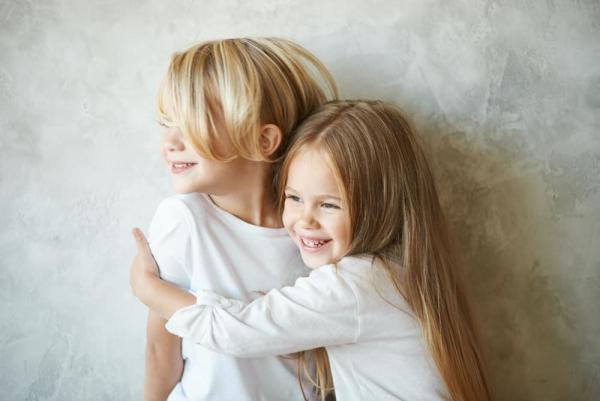
Recently, I had dinner with my extended family. My sweet aunt made all the amazing food and I know that she spent all day working on the meal. After dinner, I was holding my nephew on my lap when I told my aunt how grateful I was for the meal - my nephew immediately added his "thank you". It was incredibly sweet how the littlest guest was able to express gratitude for his dinner.
On the other hand, when my other nephew received a gift a couple of weeks ago he ripped open the packaging and said "I was expecting this!" He was so excited and we all had a good laugh about it, but nobody felt the same sweet feeling that we did my little nephew said "thank you" after that family meal.
Now, I'm not trying to point fingers or claim favorites when it comes to my nephews, - I shared these stories to remind us all how gratitude from a child makes us feel. At all stages of life, gratitude makes the giver feel important and appreciated. It enriches our own lives and pulls our focus on what's really important. Though it can be tricky at times, it's crucial to teach our children to be grateful at all times.
Here are three ways to help you children become more grateful
1. Set the example
If you never say thank you, your child will never say thank you. Children follow your example in more ways than one, so be sure to practice gratitude.
It's important that you also are gracious towards your child. Say thank you when your little one cleans up or when they follow through on a promise. Because they know how good gratitude makes someone feel, your children will be better at thanking others.
2. Balance expectations
A lesson in gratitude goes hand in hand with expectation. Try and teach your children to be thankful for everything they have. Part of that life lesson is taught by teaching your children to be grateful for what they already have. Practice making lists of what you and your family are grateful for to avoid feelings of greed or entitlement when it comes to gifts and presents.
3. Don't argue about it
If you make feeling gratitude a power struggle, your children will focus on "winning" instead of learning the lesson you really want them to learn. If your children won't say thank you, move on and don't make a big deal out of it. Later, talk to your children about what it means to be grateful and how it makes other people feel when we express our gratitude to them. Hopefully over time, your child will begin to see when they should thank someone.
Whether your child is always saying thank you or never does, you can work with them to increase the gratitude they have. As you do, you might find yourself seeing more and more to be grateful for; a skill you can pass onto your children.

